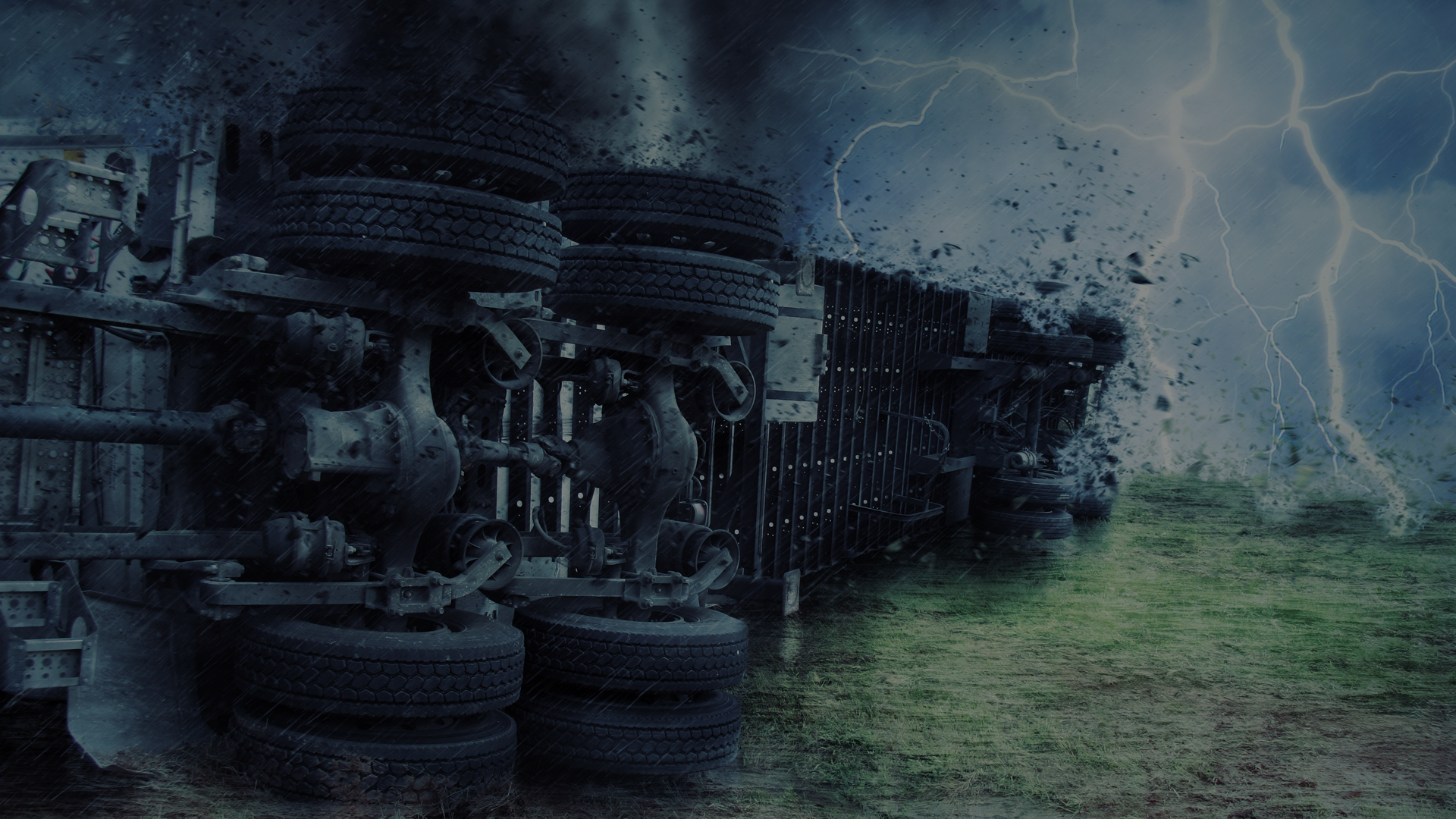Are We Leaving Money On The Table?
An Issue We All Face in Logistics
A few weeks ago, I had a conversation with a friend who works as a truck driver. To me, talking to drivers is one of the best ways to grow practical insights into our industry. What struck me was his observation that the whole industry seems to be in constant conflict. Having worked as a truck driver for 3 years myself, his opinion resonated with me. During that period, whenever I had an unexpected situation with a load, a dispatcher would blame a broker for it. I never questioned it. I was absorbing whatever I was being told by my company and eventually started seeing brokers as the enemy.
As a truck driver, whenever brokers called me for an update, I wouldn’t pick up the phone. If I did, I would hang up right away. This behavior would make brokers think I was a bad driver for not being responsive. Naturally, it created chaos between us. And we weren’t the only ones. This scenario was unfolding between brokers, freight forwarders, shippers and drivers across the industry.
We become more reluctant about doing business with the very people we need to succeed. Instead of collaboration, and mutually beneficial relationships, we see each other as potential enemies. However, in doing so aren’t all of us, inadvertently, leaving money on the table?
Another Brick in The Wall

Dispatchers tend to push drivers to arrive early on sites, even when they know the shipper or receiver will have them wait until their appointment. If a driver ends up waiting, they often act surprised.
Conversely, there are times a broker fails to mention that a driver might face detention time at a pickup. This can make drivers furious and result in a load cancellation. The shipper can see it as a broker’s service failure. What happens next? The broker usually denies responsibility and throws the carrier under the bus.
It is interesting how during months in which business booms the entire situation becomes even more aggressive. Carriers assume brokers make all the money in the world during slow periods. With that in mind, when it gets busy, they start charging almost unrealistic rates, seeing it as only appropriate. This only increases the level of “hate” between the two.
Conducting business this way sows plenty of discord between all parties. With every bad experience, each side adds another brick to the imaginary “wall of antipathy” separating them.
Is There an Antidote to Chaos?
Recently, I was working on a shipment and had a chance to talk to the driver. I helped him with directions to the pickup place. He thanked me and we hung up. An hour later he called me back to let me know he’s loaded. I thanked him for remembering to notify me to which he said he only did it because he was not an “ordinary driver”. I couldn’t resist asking him to elaborate. He said: “After many years in transportation, I learned that this industry has become all about doing only what feels right for you and not the others.” Every word made perfect sense. We tend to look for our own interests instead of trying to help others when a situation allows it. If every one of us would walk in the other’s shoes, we wouldn’t be facing the issues we have.
How Can We Stop Leaving Money On the Table?

We have two choices. To have tunnel vision and allow the conflicts to grow or try to change our view of our industry-mates. If dispatchers got honest with drivers and brokers with clients, the storm would calm. Over time, this could improve the opinion we have of industry-mates and change the industry itself.
What do we need to do so we stop leaving money on the table? To treat other parties as if they were our partners. Shippers cannot operate without brokers, brokers without carriers and carriers without drivers. What’s happened in the past, we need to leave that behind and start afresh. When every one of us first started in transportation, we were making sure to pay respect every time we interacted with someone. Somewhere along the way, we all became comfortable and lost that genuine attitude. If we would only remember how we treat others influences how they treat us, it would be the beginning of not just better business but improved business ties and relationships for all.
Yes, “in order to change the world, you must first change yourself.”
